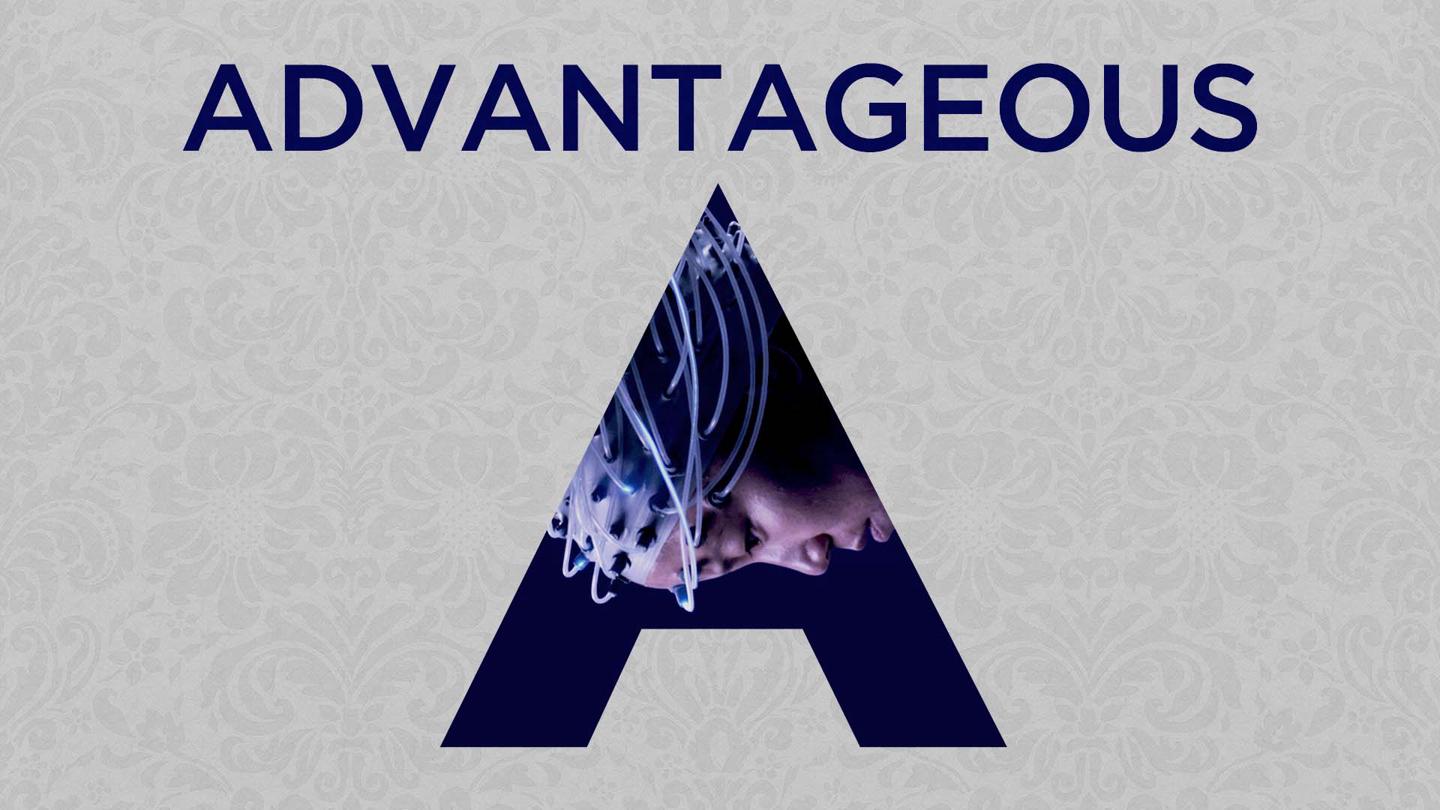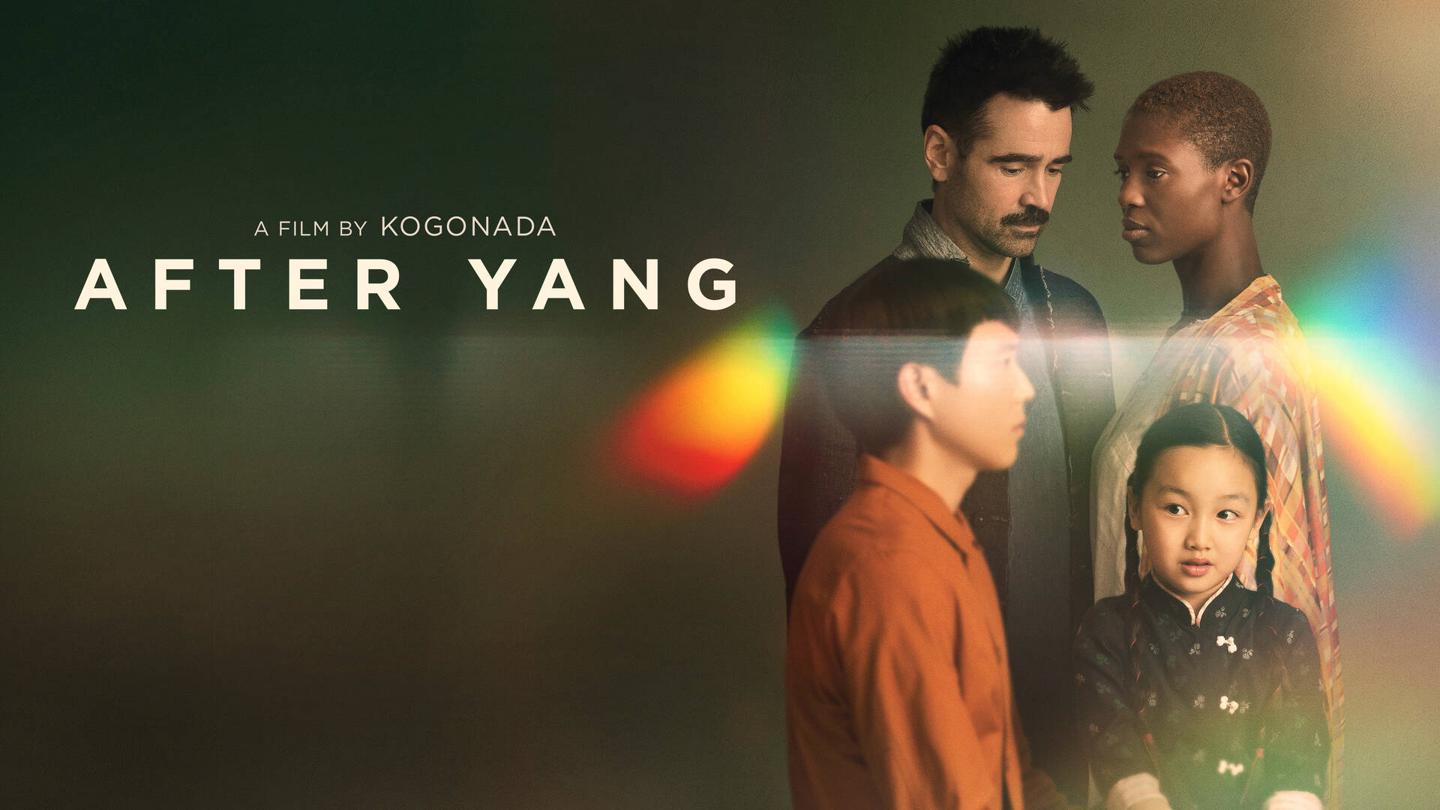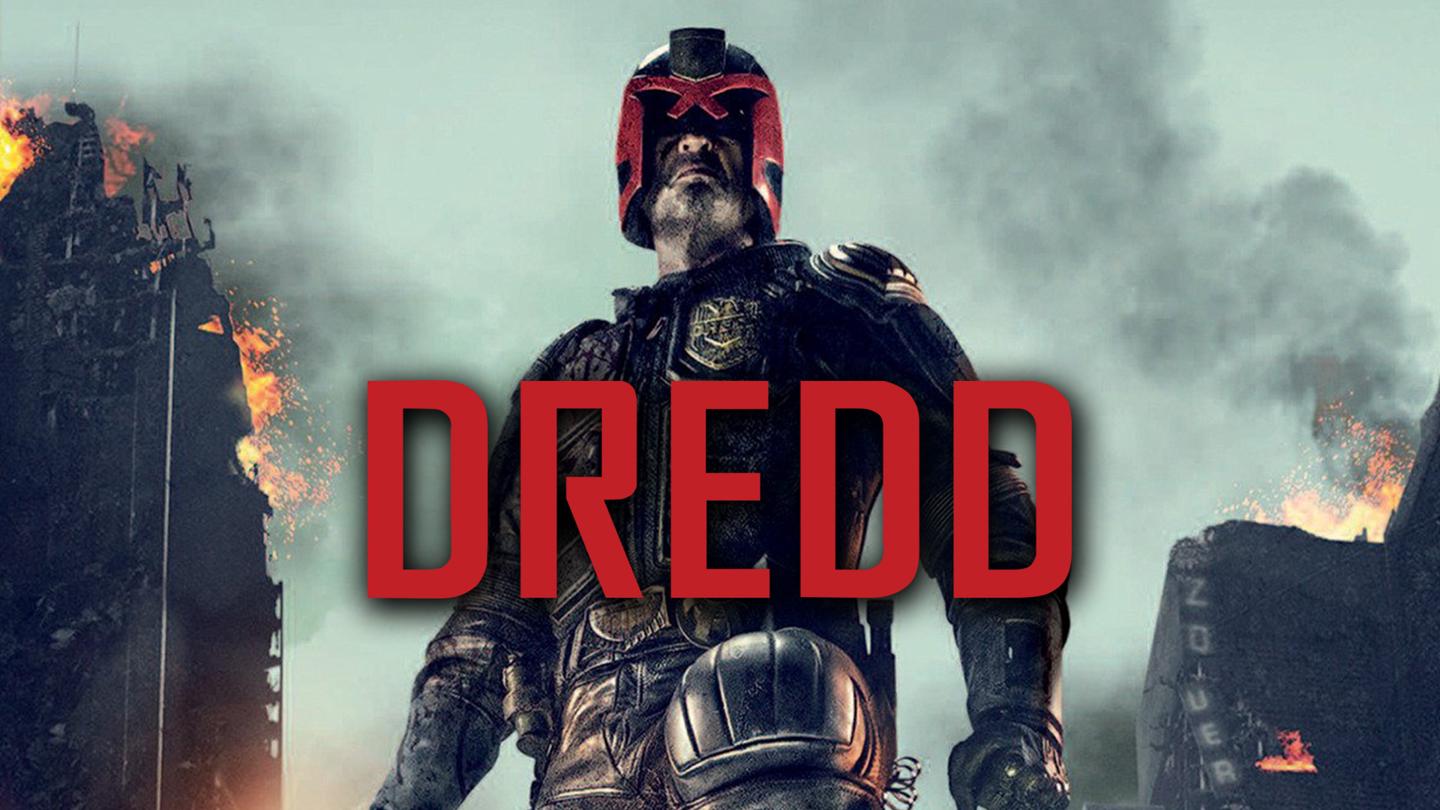
Quick Info
Here’s a sci-fi movie that snuck up on me in the best possible way: “The Vast of Night” (2019). At first glance, it almost plays like an episode of The Twilight Zone rerun you’d stumble across late at night—a fitting comparison, since the film literally frames itself as a kind of retro television episode called Paradox Theater. But the tone is what took me by surprise. Instead of bombarding you with flashy effects or doomsday melodrama, it hooks you with an atmosphere that feels haunted and alive. Director Andrew Patterson’s feature debut has plenty of style but no arrogant swagger, which is refreshing.
Set over a single evening in 1950s small-town New Mexico, the movie revolves around a couple of teens: Fay, a switchboard operator with big eyes and bigger curiosity, and Everett, an endlessly talkative radio DJ. When a strange signal interrupts their broadcast, curiosity turns into obsession. The story is simple and told in real time, which lends the slow-burn plot some real urgency. It nails that “something’s not quite right” tension, and keeps you leaning in. The dialogue goes by fast, like real conversation, and the performances sell every little suspicion and fleck of excitement.
Sierra McCormick as Fay is the quiet soul of the film, balancing nerdy innocence with just enough grit to propel her through some long, dialogue-heavy scenes. Jake Horowitz, as Everett, manages to avoid the “greasy 50s radio host” cliche by giving the guy a bit of nerdy charm and vulnerability. Both actors sell their roles with real conviction, especially during the more tense phone-call sequences where the world outside feels like it’s closing in. There's nothing stilted or showy, just two people yanked from their routines by a genuinely odd mystery.
If you're looking for high-octane action or big set pieces, you’re out of luck. The closest things get to bombast are dialogue scenes delivered in single, uninterrupted takes. What stood out to me most is how much tension gets wrung out of tiny details: a jumpy little girl switching wires, static on a line, distant footsteps. There’s a long tracking shot following Everett as he moves across town, the camera riding low and rolling through basketball games and empty streets, that’s so deliberate it feels like a séance for lost Americana. It’s gorgeous and patiently weird.
The sound design is especially sharp. The radio signal itself becomes this chilling presence, hinting at something sinister without ever over-explaining it. That goes for the whole movie, really. Patterson never spells anything out, even when the temptation for dramatic exposition must have been huge. Instead, the film trusts you to notice the strange little wrinkles, to lean forward and catch every nervous breath over the receiver. It’s a movie that builds its dread from silence as much as from story.
I will say the script definitely asks you to have a little patience. Some people might find the pace a bit slow or the dialogue a bit too circular. More than once, I wanted things to move on instead of revisiting the same leads. But the film’s eerie sense of time and place kept me invested. I loved that we never really leave the tiny town, and the result is claustrophobic but also oddly cozy. In a sea of CG-drenched sci-fi, this feels homespun and tactile.
Visually, the movie leans into shadow and muted colors, all washed with the dusky haze of a half-remembered dream. Patterson’s use of light is especially crafty—street lamps glow like beacons in the night, and interiors are always just a little too dark. This makes the rare moments of visual spectacle feel all the more striking. There’s one scene involving an anxious phone call in pitch darkness that made me sit up straight. The cinematography feels precise but never fussed-over.
By the end, I was left with that strange, slightly unsettled feeling that only good low-fi sci-fi can deliver. “The Vast of Night” doesn’t claim to have all the answers. In some ways, it barely even asks the questions. But it lingers. I found myself replaying whole sequences in my head, not just for what was shown but for everything the movie left unsaid. If you’re cool with a slow poker-faced mystery and you have a soft spot for old-school radio stories, this one is worth tuning into.
The R8 Take
This is what happens when you focus on mood over spectacle. Fans of “Coherence” or “Pontypool” will dig it, but even skeptics might be surprised by how much “The Vast of Night” lingers once the static fades.



